No, it’s not Ivermectin. It’s something else. Actually, there are three drugs currently in development. The question is, what types of drugs will they be? When will they be ready? Can they be used even by vaccinated people? We’ll help you answer all of that in this article.
Vaccines, Antibiotics, and Antivirals: What’s the Difference?
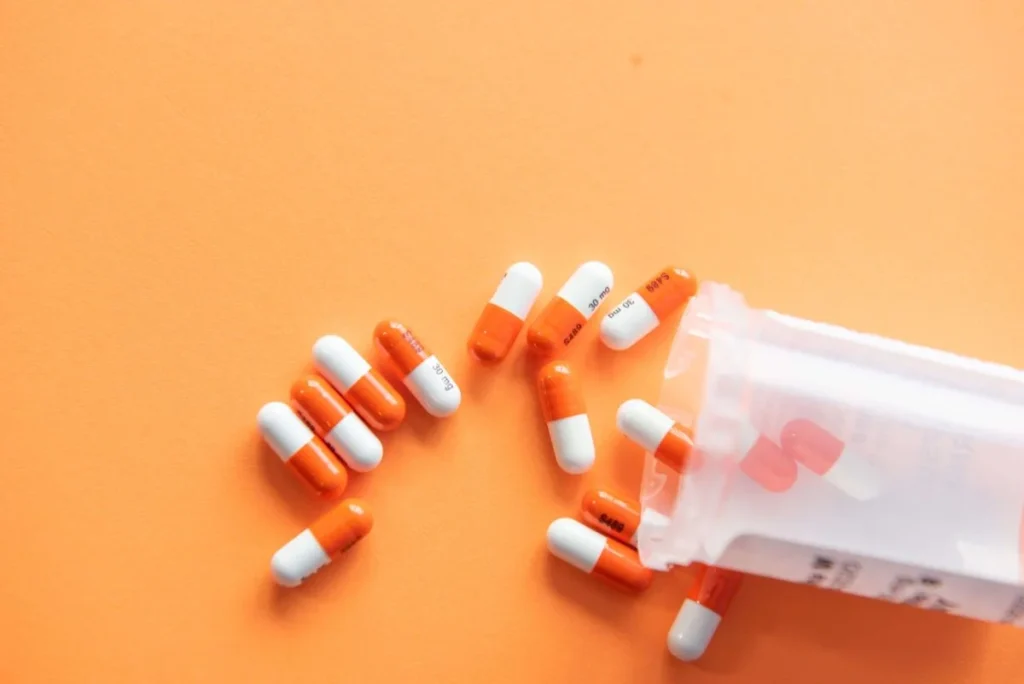
Contrary to what some people may believe, vaccines aren’t made to cure a certain illness. Instead, they act as a protection to reduce the chances of your getting infected. They are designed to train your body to create its own protective response, consisting of antibodies that will fight the infection when you get exposed to a certain virus or bacteria.
So, make sure you get everyone in your entire household vaccinated so that you can visit your RFO house and lot without worrying too much about the virus.
On the other hand, antibiotics are medicines that are used to prevent the further reproduction of bacteria in your body. Hence, they should only be used for treating bacterial infections, such as E.Coli, Salmonella, and Tuberculosis.
Meanwhile, antiviral drugs are used to treat people who have already been infected by a virus. They are often used to prevent the intense symptoms that a virus can cause a person. Sometimes, they can also be used to prevent or reduce the chances of getting infected if you are exposed to a virus.
Since COVID-19 is a type of viral infection, it only makes sense that one of the things we can use to fight it is either vaccines or antiviral drugs, which is what the world is developing right now.
The Race to the Pill for the Cure of COVID 19
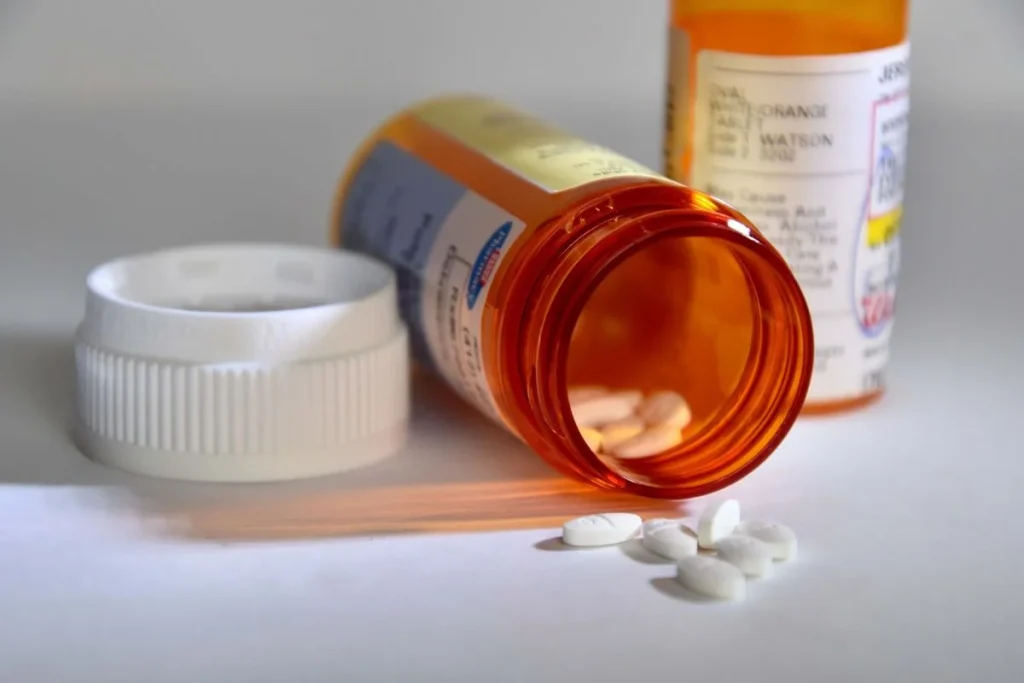
Now that the world has a wide selection of vaccines and vaccine types, pharmaceutical companies are now racing to develop the first-ever approved COVID-19 antiviral pill. This will definitely fill the gap that our current line of vaccines can’t fulfill.
While it may seem like a huge question mark as to why we’re only developing an antiviral pill just now, there are some FDA-approved antivirals that are already used for emergency purposes against COVID-19 infections.
According to the National Institutes of Health, there is only one antiviral drug currently approved for treating COVID-19, and that is Remdesivir. However, the drug isn’t exactly a pill. Remdesivir must be administered into a vein, which makes its use very limited to only in hospitals, making it less efficient in fighting the virus in a wider perspective.
Meanwhile, according to Mayoclinic, other medications that we’re currently using to fight the virus include anti-inflammatories to treat or prevent your organs from dysfunctioning if you get severe symptoms. The drug Corticosteroid Dexamethasone may also help treat or prevent your lungs from injury because of inflammation. Studies found that it can reduce death by about 30% for infected people who are already on ventilators.
Anyway, going back to antiviral drugs, aside from the approved use of Remdesivir, we’re still waiting for the final data from the clinical trials of Merck and Pfizer before we can all finally breathe a little better.
Rest assured, numerous countries and companies from around the world are investing billions of dollars in this drug. After all, well-funded scientists are more likely to produce faster results since they don’t have to worry too much about financial restrictions.
In fact, the Biden administration is set to invest 3 billion dollars in antiviral development strategies.
Why Is the Development of the COVID-19 Drug Taking So Long?

Now, with all this funding, you’re probably wondering why developing an antiviral drug against COVID-19 is taking so long.
Unfortunately, it’s really not that easy.
Every virus is unique. Each one attacks your body in a specific way, so scientists need to know how they work first before they could find something to fight a virus. The attacks are specific, so the antivirals need to be specific as well.
That being said, our existing arsenal of antiviral medications can be a hit or miss when it comes to effectiveness against a specific type of virus. In our case, doctors have tried and investigated how our current antiviral drugs can fight COVID-19, but they’ve been mostly unsuccessful. Otherwise, we won’t still be stuck in our homes and you’d be in your RFO house and lot right now.
Right now, the closest we have to a COVID-19 drug is Merck — the company that also developed Ivermectin (which we’ll talk more about later and why it doesn’t work).
What We Currently Know About Merck’s COVID-19 Drug
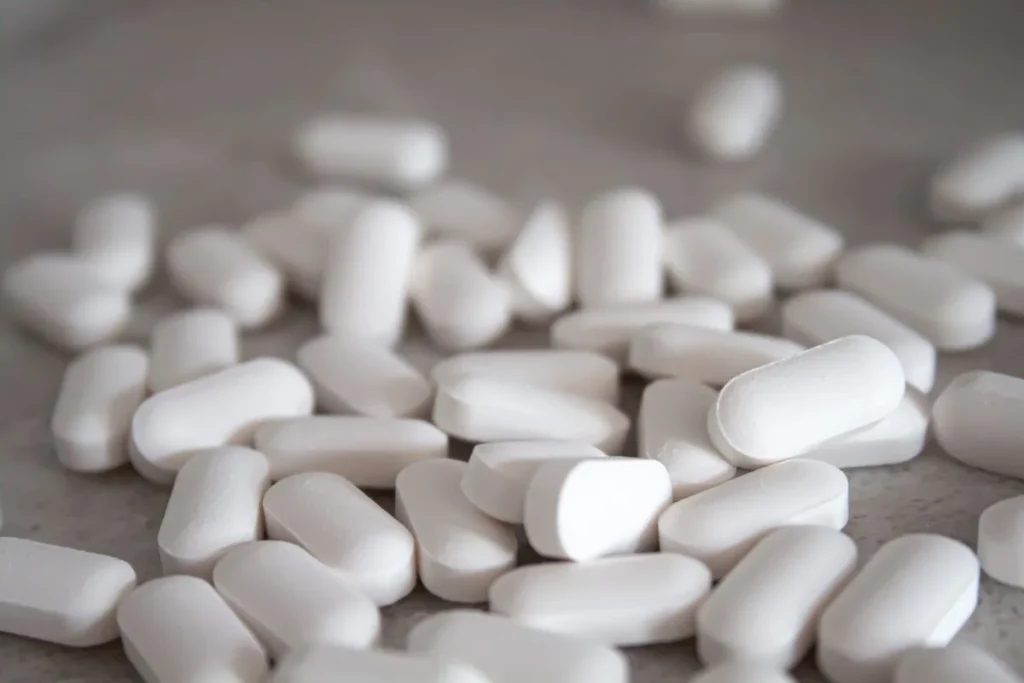
As of writing, Merck published a press release last October 1, 2021, about the promising results of the drug called Molnupiravir. According to their release, the drug presented a 50% reduced risk of hospitalization or death compared to placebo patients with mild to moderate coronavirus symptoms.
Since their announcement, they are already currently analyzing results from the third phase of their study. This is why the world has its eyes on their results, so much that even the World Health Organization is looking forward to their data.
Best of all? Molnupiravir is going to be a pill, so it will be easier to take compared to the intravenous medication Remdesivir. Merck also claims that the drug is effective against other coronavirus variants.
The way Molnupiravir works is that it is designed to promote errors in the RNA of the virus that will cause genetic mutations that will prevent the virus from replicating and thus causing you severe symptoms of COVID-19. It is similar to how Remdesivir works, as it also causes the reproductive capabilities of the virus to stop.
Essentially, these drugs only affect the virus and not human cells, so they have more targeted effects and will leave your cells alone. However, Merck is yet to announce the potential risks and side effects that you may expect when taking the drug.
If it gets approval from the FDA, it will be the first pill used to treat COVID-19.
How Are They Testing the Antiviral Pill?
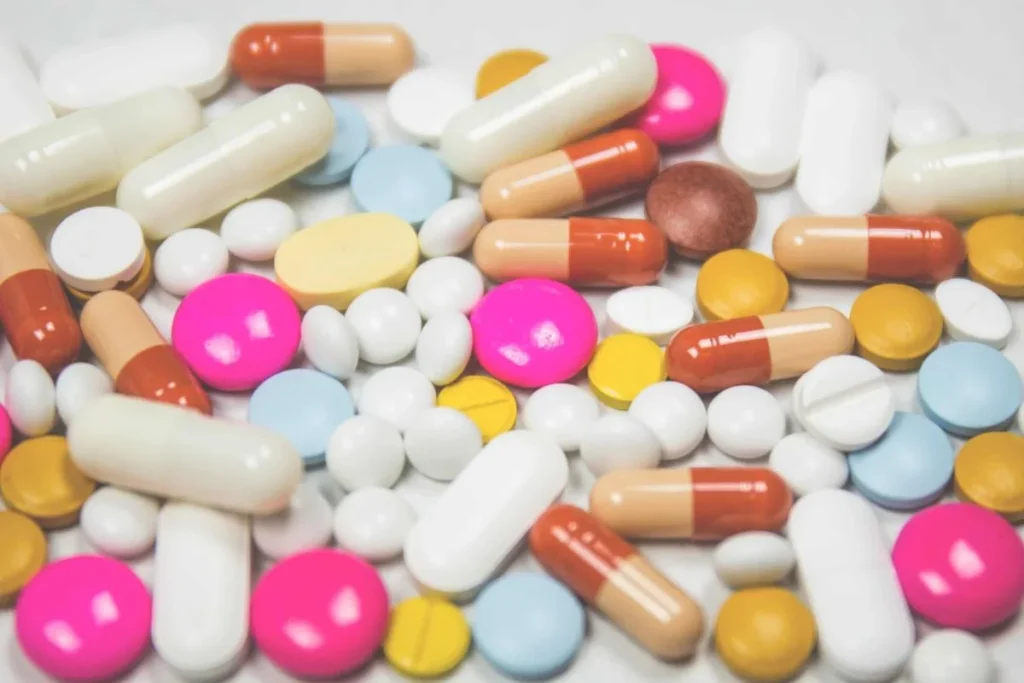
In case you’re iffy or curious about the trials on Molnupiravir, Merck’s trials were conducted entirely on patients who haven’t been vaccinated. This makes it easier for their scientists to see how much the medicine can reduce hospitalization and death since unvaccinated people are more likely to suffer from severe symptoms or die.
Don’t worry, though. This doesn’t mean that when the drug gets approved, it will only be used for unvaccinated patients. It may be potentially used to prevent you from experiencing severe symptoms prior to exposure, or assist in breakthrough or repeat infections.
Plus, it’s not the only drug we’re currently waiting for.
Pfizer vs Merck
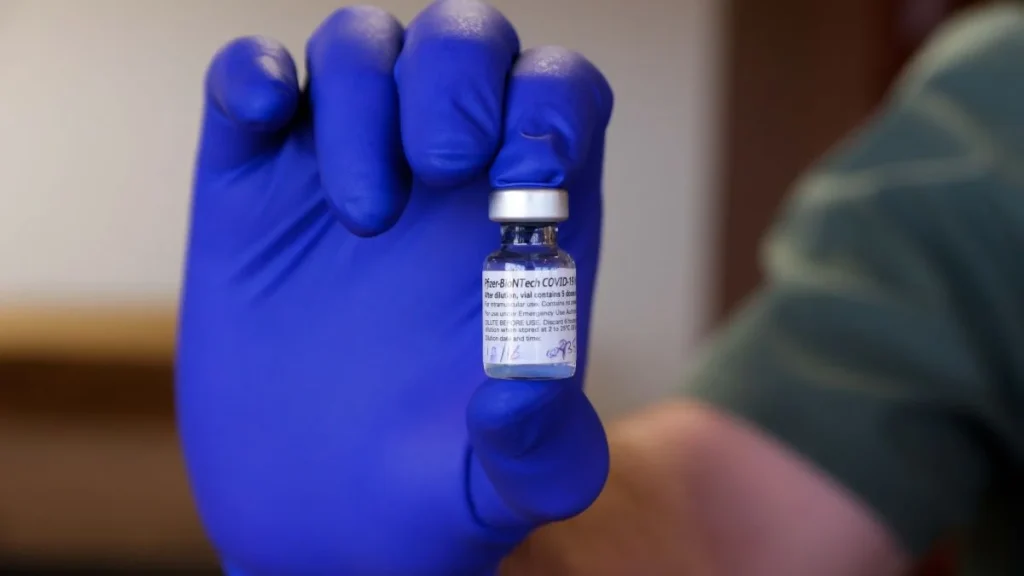
While Merck is taking the lead in terms of the race towards the first COVID pill, Pfizer has also been doing their own research on a different antiviral drug.
Last March 23, 2021, Pfizer published a press release saying that it began the first phase of its research and study of an oral antiviral therapeutic agent. The clinical candidate is currently called PF-07321332 and is a protease inhibitor.
Protease inhibitors are a type of antiviral medication that is commonly used to treat Hepatitis C and HIV/AIDS. This type of drug prevents viral replication by binding to protease — an enzyme that is responsible for breaking down proteins and peptides — and blocking their capabilities to stop the production of more infectious viral particles.
They claim that this was the first orally administered protease inhibitor made specifically for coronavirus to be tested for clinical studies.
After that announcement, the latest update Pfizer has published as of writing was last September 27, 2021. The pharma company said that they have started a global phase 2/3 study of their antiviral candidate, and they’ll be testing on adults, post-exposure.
However, that’s not the only drug currently in development.
Roche and Atea Pharmaceuticals COVID pill
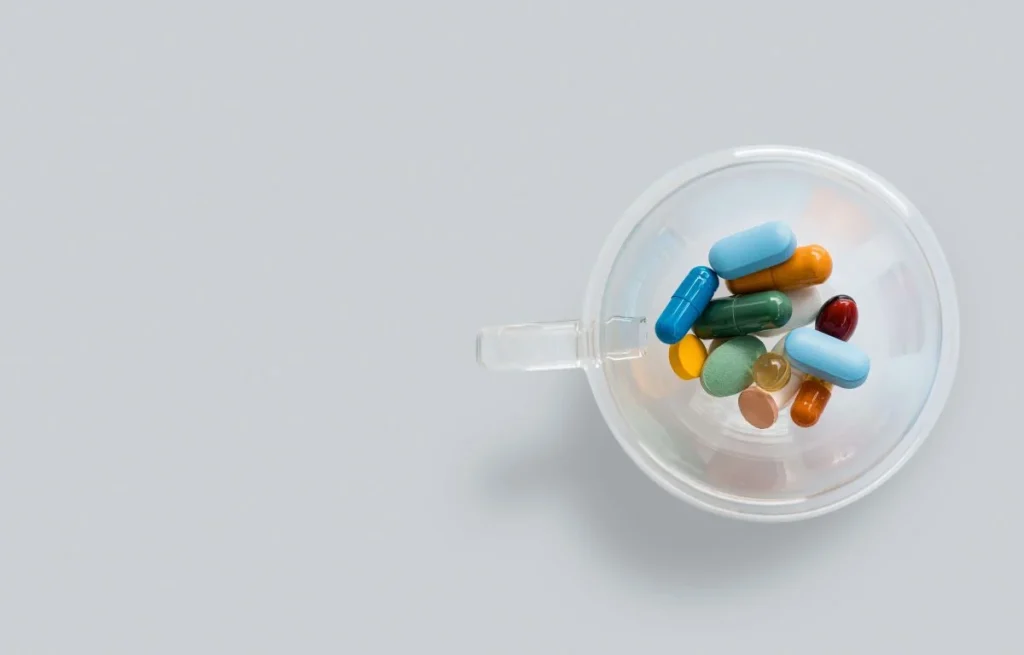
The breakthrough of Merck’s research wasn’t good for just them, it also provided promise for other pharma companies and scientists that a drug taken orally can be effective in fighting COVID-19. Their success led to a 33% growth in investments in another company called Roche and Atea Pharmaceuticals, which is also developing another oral coronavirus drug called AT-527.
According to US News, the experimental antiviral drug showed positive results last June. In their trials, researchers found that in two days, the pill reduced coronavirus viral load by 80% on average, compared to patients who received the placebo. The early analysis involved 62 high-risk patients.
The AT-527 pill cleared 47% of patients in two weeks and made them completely free of the virus.
Atea Pharmaceuticals said that the drug may eventually be used complementary to the current vaccines that we have, just like how we fought the flu. On top of that, a coronavirus drug can be more beneficial, since it’s extremely convenient for both health workers and patients, and it can be manufactured faster than vaccines.
The AT-527 drug is also unique compared to Merck’s and Pfizer’s. Roche-Atea sought to combat the virus using an RNA viral polymerase inhibitor. RNA polymerase in viruses is an enzyme whose role is to copy an RNA template and replicate it. Since coronaviruses are RNA viruses, the drug makes sense.
The Roche-Atea tandem is set to announce results from their phase 2 and 3 trials in the fourth quarter of this year.
While each of the drugs being developed by Merck, Pfizer, and Roche-Atea has its unique way of killing the virus, either way, this is great news for everyone once they finish their trials and have at least one drug approved for at least emergency use. We may hope to get our normal lives back by next year.
That being said, there are currently only three companies working on an actual drug specifically for battling COVID-19. The current treatments and drugs that hospitals are using are there to support the bodies of the infected. Other drugs that are claimed to be “effective” against COVID-19 should not be used unless prescribed by a doctor.
How about Ivermectin? If you took it When You Have Symptoms of COVID-19? Does It Work?
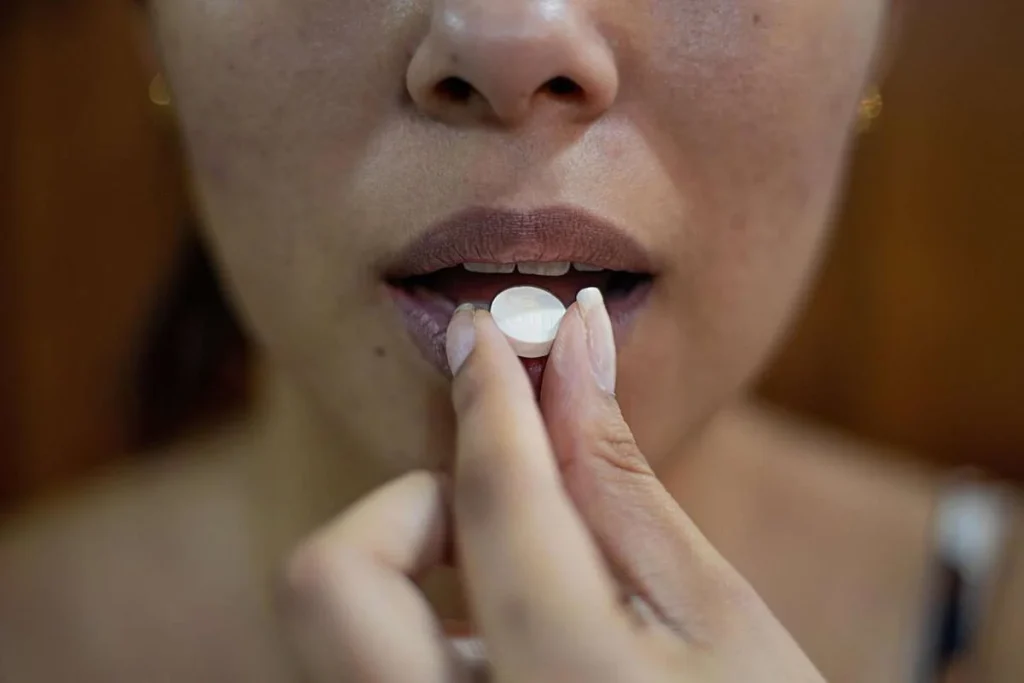
Speaking of COVID-19 drugs, there is one drug that everybody knows by now because of how it spreads in social media faster than the virus: Ivermectin.
It all started in April 2020 when the Biomedicine Discovery Institute (BDI) at Monash University in Australia announced that Ivermectin could kill the virus within 48 hours. According to the findings, a single dose can essentially remove all of the viral RNA, and at 24 hours, they already found a significant reduction in cell culture.
However, the study was only conducted in a lab, and not on human tests.
Since then, leading health authorities recommend against using the drug to treat COVID-19 because there is no scientific proof that it has direct effects against the virus. While the drug is technically FDA-approved, it is not approved for COVID treatment.
The FDA has an entire article posted on its website on why you shouldn’t use the drug to treat coronavirus. They said that taking large doses of the drug is very dangerous for humans.
In fact, there have been numerous cases in the United States of Ivermectin poisoning. According to Seattle Times, since the widespread use of Ivermectin, the Washington Poison Center received a “threefold increase in calls regarding Ivermectin.”
Luckily, there hasn’t been a case so severe that it resulted in death. However, we can’t be sure how many hospitalizations have occurred because of Ivermectin because hospitals aren’t required to track and report those cases.
Meanwhile, the developer of Ivermectin, Merck (our leading researcher of a real coronavirus drug), released an official statement about the Ivermectin craze. The company that made the drug, they said that they identified that there is no scientific basis for the therapeutic effect of the drug against COVID-19.
The company also said that there is “no meaningful evidence for clinical activity or efficacy in patients with COVID-19” and that there is a significant lack of safety data in most studies.
So now, to answer questions of whether the drug works, it definitely does — but only if you’re using it to treat parasites. Because, well, Ivermectin is an antiparasitic drug that is FDA-approved to treat people with intestinal onchocerciasis and strongyloidiasis, which are caused by parasitic worms.
So, unless you have a parasite in your body, don’t take it. Just live a quiet life in your new RFO house and lot.
Related Blog: How Was The COVID-19 Vaccine Developed At Breakneck Speed?


